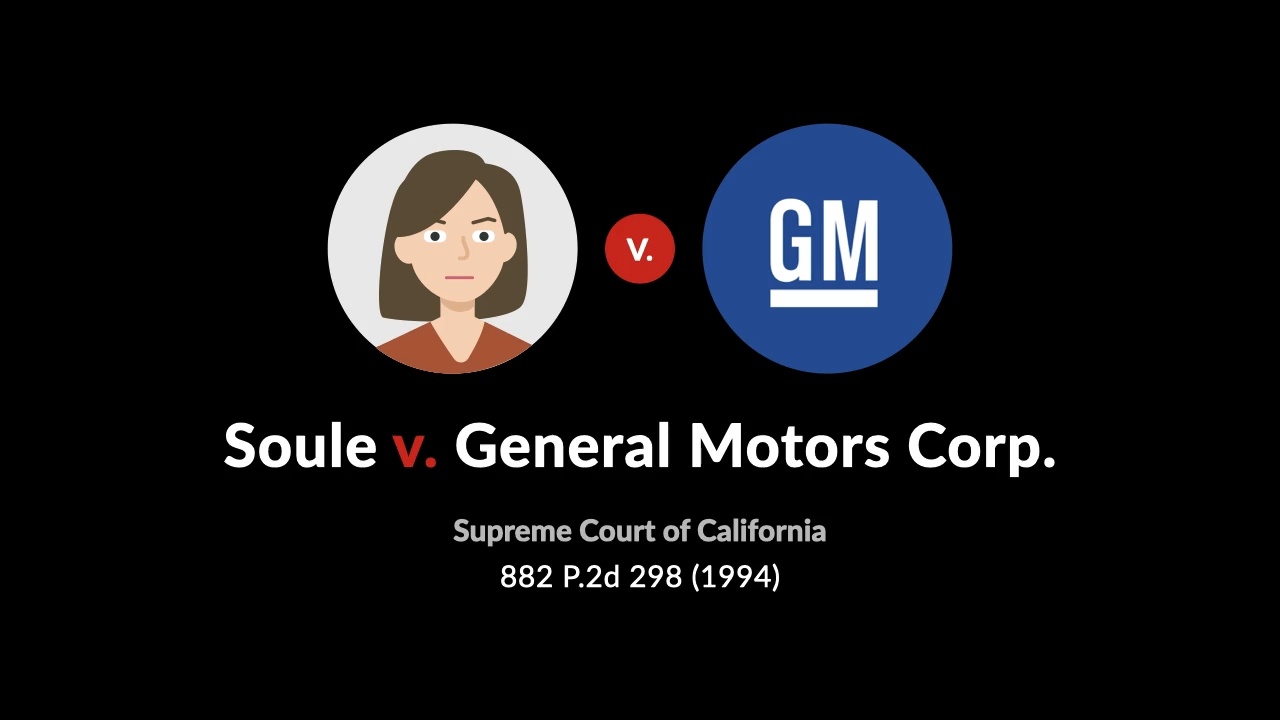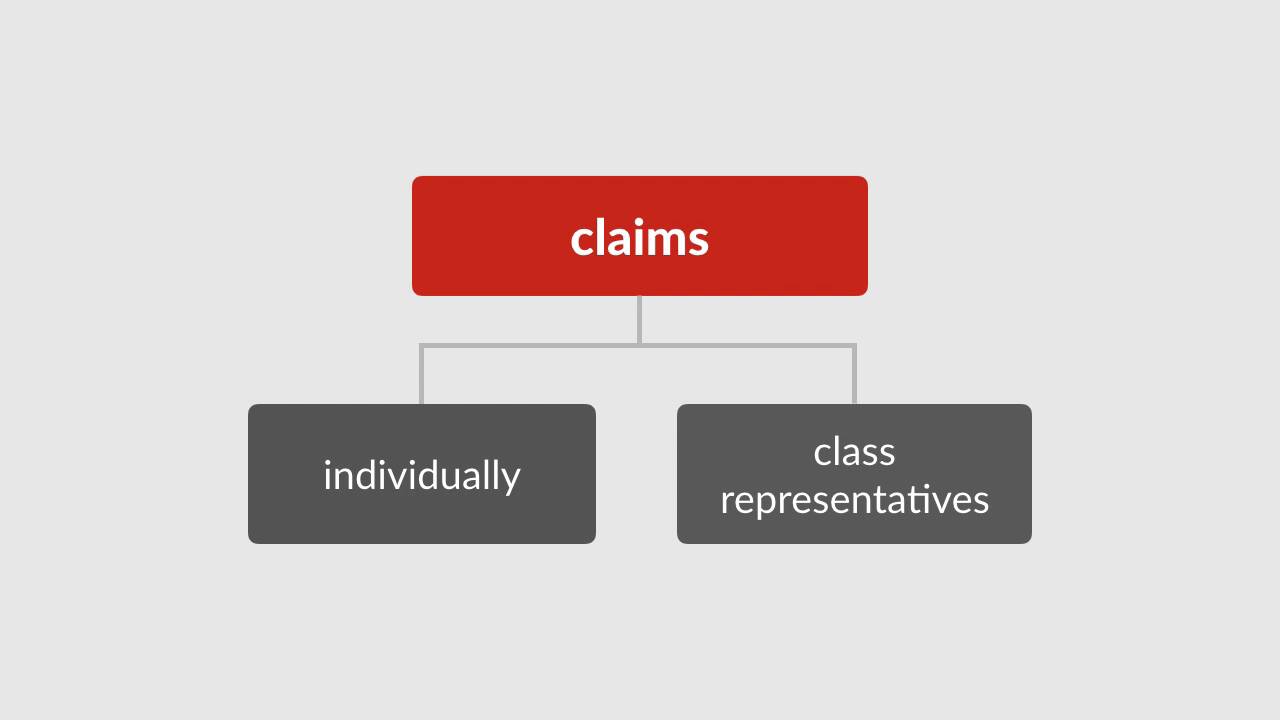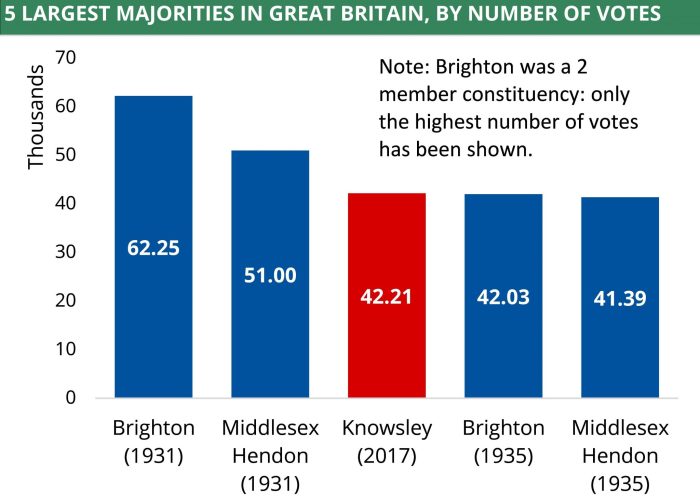Mosley v General Motors Corp., a pivotal case in employment law, has had a profound impact on the development of the field. This case established significant legal principles that continue to shape how employers and employees interact today.
The case centered around the issue of racial discrimination in employment and the legal principles established in Mosley v General Motors Corp. have played a crucial role in shaping the legal landscape of employment law.
Legal Principles

Mosley v General Motors Corp. established several important legal principles that have had a significant impact on employment law. These principles include:
- The implied covenant of good faith and fair dealing requires employers to treat their employees fairly and in good faith.
- Employers have a duty to investigate and respond to employee complaints of discrimination and harassment.
- Employees who are discriminated against or harassed may be entitled to compensatory and punitive damages.
Significance of Principles
These principles have been instrumental in protecting employees from discrimination and harassment in the workplace. They have also helped to create a more level playing field between employers and employees.
Impact on Employment Law

Mosley v General Motors Corp. has had a significant impact on the development of employment law, particularly in the area of discrimination. The case established the principle that employers cannot discriminate against employees based on their race, sex, or other protected characteristics.
Mosley v General Motors Corp. has also influenced subsequent court decisions and legal policies. For example, the case was cited in the Supreme Court’s decision in Griggs v Duke Power Co., which held that employers cannot use employment tests that have a disparate impact on minority groups unless the tests are job-related and necessary for business reasons.
Impact on Employment Policies
In addition to its impact on court decisions, Mosley v General Motors Corp. has also influenced the development of employment policies. Many employers have adopted policies that prohibit discrimination and harassment in the workplace. These policies are designed to create a more inclusive and equitable work environment.
Mosley v. General Motors Corp. was a landmark case that addressed employment discrimination. If you’re looking for a fun way to test your knowledge of the case, check out the you can dig it crossword . This crossword puzzle is designed to help you learn more about the case in a fun and engaging way.
Mosley v. General Motors Corp. was a significant case that helped to shape employment law in the United States.
Comparative Analysis

Mosley v. General Motors Corp. shares similarities and distinctions with other notable employment law cases. These comparisons shed light on the evolution of legal principles and their impact on workplace dynamics.
Griggs v. Duke Power Co. (1971), Mosley v general motors corp
Similarities:
- Both cases challenged employment practices that disproportionately impacted minority employees.
- Both courts ruled that employers must demonstrate a legitimate business necessity for discriminatory practices.
Differences:
- Mosley focused on the discriminatory impact of a subjective promotion process, while Griggs addressed a written test requirement.
- Griggs established a stricter standard of proof for employers, requiring them to show that the practice was essential to job performance.
Wards Cove Packing Co. v. Atonio (1989)
Similarities:
- Both cases involved claims of racial discrimination in hiring and promotion.
- Both courts applied the disparate impact theory of discrimination.
Differences:
- Mosley found discrimination based on subjective practices, while Wards Cove required plaintiffs to prove that specific employment practices caused the disparity.
li>Wards Cove imposed a higher burden of proof on plaintiffs, requiring them to show that alternative practices would be equally effective.
Historical Context: Mosley V General Motors Corp

Mosley v. General Motors Corp. was decided in 1977, during a time of significant social and economic change in the United States. The Civil Rights Act of 1964 had been enacted over a decade earlier, and the women’s rights movement was gaining momentum.
The country was also experiencing economic turmoil, with high inflation and unemployment.
Social Factors
The social factors that influenced the outcome of Mosley v. General Motors Corp. included the growing awareness of discrimination against women in the workplace. The women’s rights movement had raised awareness of the barriers that women faced in obtaining jobs, promotions, and equal pay.
This awareness led to a greater willingness on the part of courts to find employers liable for discrimination against women.
Economic Factors
The economic factors that influenced the outcome of Mosley v. General Motors Corp. included the high unemployment rate. In a time of economic uncertainty, employers were more likely to discriminate against women in order to protect jobs for men. The court’s decision in Mosley v.
General Motors Corp. helped to ensure that women would not be discriminated against in employment decisions.
Essential FAQs
What was the key issue in Mosley v General Motors Corp.?
The key issue was racial discrimination in employment.
What legal principles were established in Mosley v General Motors Corp.?
The case established the principle that employers cannot discriminate against employees on the basis of race.
What impact did Mosley v General Motors Corp. have on employment law?
The case has had a profound impact on the development of employment law, shaping how employers and employees interact today.

